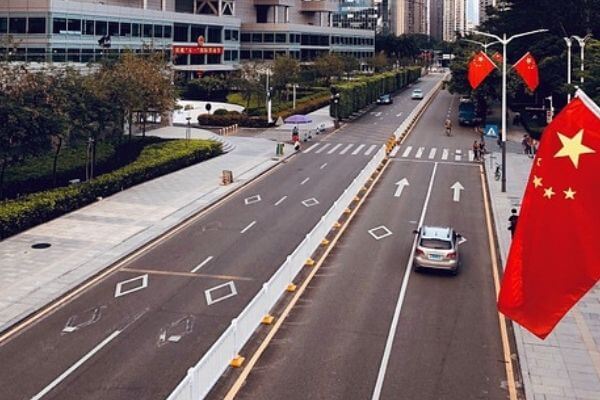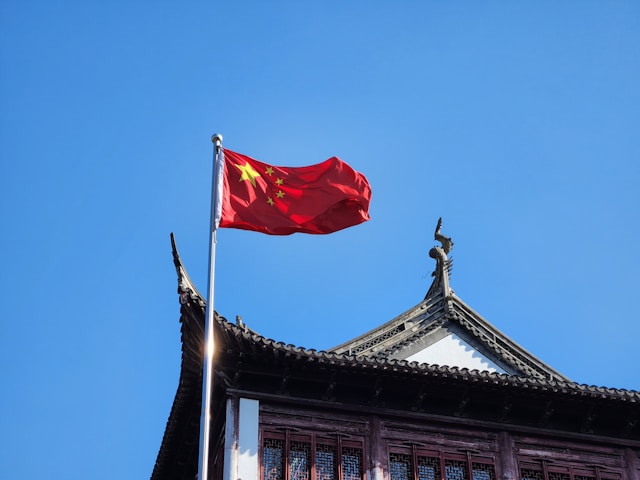
Yes, China has a Supreme Court. The full name of China's Supreme Court is the Supreme People's Court (SPC, 最高人民法院).
As of Jun. 2017, the SPC has 367 judges.
The SPC’s main spheres of competence are to try cases and to issue judicial interpretations and cases, as follows:
1. The SPC handles the following cases:
(1) first-instance cases that are under the jurisdiction of the SPC or that it deems to be under its jurisdiction;
(2) cases of appeals or protests lodged against judgments and orders rendered by the high people's courts;
(3) cases of appeals or protests lodged pursuant to provisions of the Standing Committee of the National People's Congress;
(4) the retrial cases initiated in accordance with the adjudication supervision procedure;
(5) the death penalty cases submitted by the high people's courts for approval.
2. The SPC may give interpretations with respect to the issues concerning the application of law in the judicial work and may issue guiding cases.
Reference:
Articles 16 and 18 of the Judge Law
Contributors: CJO Staff Contributors Team









